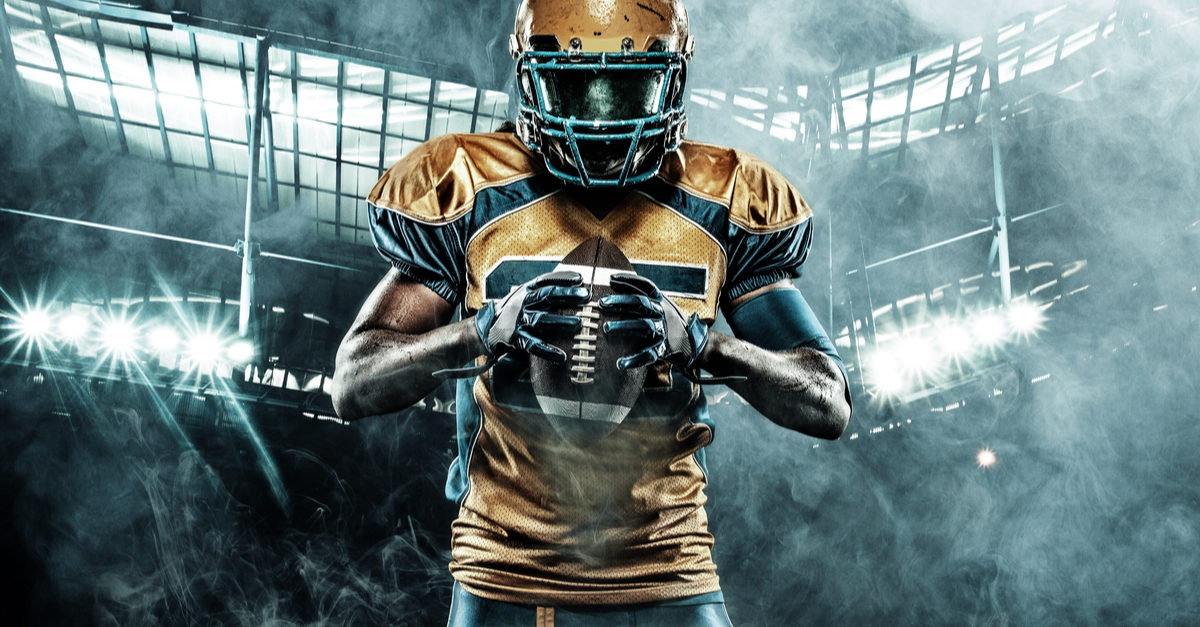College Athletes Should Proceed with Caution When Offered an Endorsement Deal Under New NIL Bill
College Athletes Should Proceed with Caution When Offered an Endorsement Deal Under New NIL Bill
Following a unanimous ground-breaking decision delivered by the U.S. Supreme Court in NCAA v. Alston, effective July 1, 2021, the NCAA adopted an interim Name, Image and Likeness (“NIL”) policy, which set off broad NIL legislation spanning the United States. While California was the first state to pass a NIL law, Florida pioneered the effort with an effective date of July 1, 2021. Following the passing of Florida’s NIL law, states raced to pass legislation hoping to catch up and compete as this college sports recruiting season swiftly approaches. In addition to the states, Congress has also become a part of this effort. As of late, there are seven proposed NIL laws circulating in Congress.
The NCAA’s interim NIL policy suspends its NIL rules of all incoming and current intercollegiate student-athletes in all sports. The significance is that they allow the athletes to earn compensation from use of their names, images, and likenesses while maintaining their amateur athlete status. Previously, the NCAA and its member schools were profiting off of the fruits of these athletes’ labor, while the athletes themselves were prohibited the same benefit. While this is a major win for these hardworking athletes, they must proceed with caution and do so in compliance with their school and conference requirements, as well as variations in state and federal NIL laws. The athletes must be aware of the applicable requirements and laws before signing that endorsement deal.
With the flood gates open for opportunities and developing NIL laws, retaining an attorney to represent the college athlete’s interests is important to ensure the safety of the athlete’s interests against companies offering endorsement deals, and assist sports agents in navigating through the new laws to protect the athlete they represent in their professional pursuits.










